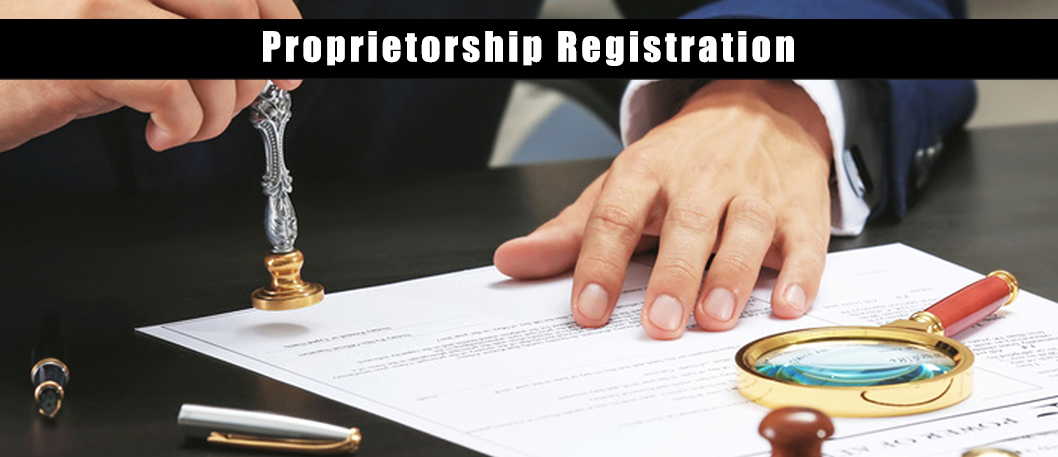Sole proprietorship is a type of business structure where a single individual owns and operates a business. It is the simplest and most common form of business ownership, but it is important to understand how it works before starting one. In this article, we will explore the ins and outs of sole proprietorship, including its advantages, disadvantages, and legal requirements.
Advantages of Sole Proprietorship
One of the main advantages of sole proprietorship is that it is easy and inexpensive to set up. Unlike other business structures, there are no legal requirements to register with the state or file any special paperwork. Additionally, the owner has complete control over the business and can make decisions without consulting anyone else. This allows for quick decision-making and flexibility in adapting to changes in the market.
Another advantage of sole proprietorship is that the owner receives all the profits generated by the business. There is no need to share profits with partners or shareholders, which can be a significant financial benefit. Additionally, the owner can deduct business expenses from their personal income taxes, which can reduce their overall tax burden.
Disadvantages of Sole Proprietorship
One of the main disadvantages of sole proprietorship is that the owner is personally liable for all debts and legal issues related to the business. This means that if the business is sued or goes bankrupt, the owner's personal assets may be at risk. Additionally, it can be difficult to raise capital for the business since the owner cannot sell shares or take on partners.
Another disadvantage of sole proprietorship is that the business may not be taken as seriously as other business structures. Potential customers, investors, and partners may view the business as less legitimate or professional since it is not registered with the state or has any legal requirements.
Legal Requirements for Sole Proprietorship
While there are no legal requirements to register a sole proprietorship, there are still some legal considerations to keep in mind. The owner must obtain any necessary licenses or permits required by their industry or local government. Additionally, the owner must keep accurate financial records and file taxes as a self-employed individual.
Conclusion
Sole proprietorship is a simple and flexible business structure that can be a great option for entrepreneurs looking to start a business. However, it is important to understand the advantages, disadvantages, and legal requirements before making a decision. By doing so, you can ensure that your business is set up for success.



